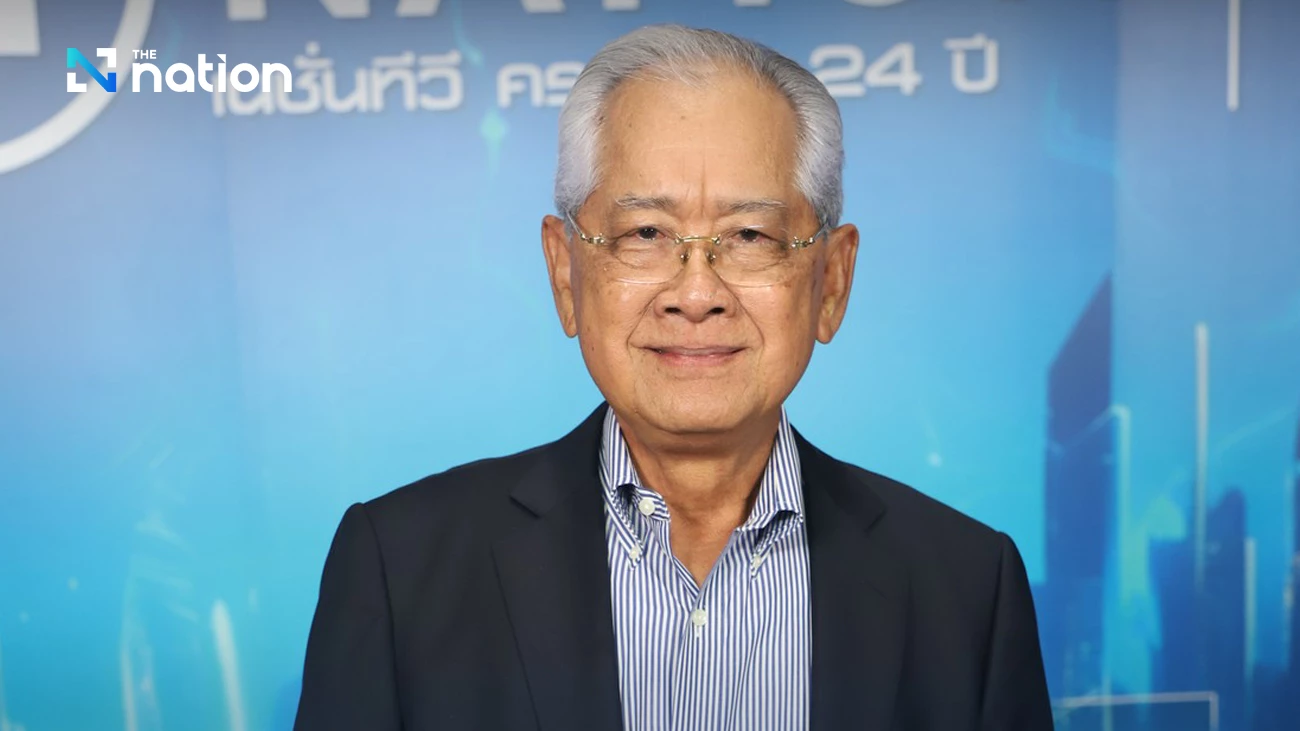
Thailand must address economic woes and broaden trade ties to handle US tariffs, ex-Commerce and Energy Minister Narongchai Akrasanee said Friday.
In an exclusive interview with The Nation, he explained that US President Donald Trump’s reciprocal tariff measures are primarily aimed at reducing the American trade deficit, which has contributed to the country's debt burden over the past 50 years.
To address this burden and promote economic stability, Narongchai said the US must reduce its trade deficit with the global market. He added that Trump’s policies, such as cutting foreign aid and implementing protectionist trade measures, are intended to revive the domestic economy.
He pointed out that a strengthening US dollar, driven in part by investment in bonds, has contributed to the debt burden. “The strong dollar has also had a negative impact on US industries and the general wellbeing of its people,” he said.
Narongchai confirmed that the US's reciprocal tariff of 36% would affect the Thai economy, particularly its major exports of electrical appliances and machinery. He noted that these products are largely manufactured by foreign companies operating in Thailand.
He acknowledged that the Thai government has made a positive step by initiating negotiations with the US to secure mutual benefits. However, he cautioned that simply increasing exports would not be sufficient to reduce Thailand’s trade surplus with the US, currently valued at US$40 billion (1.33 trillion baht).
“There is no chance the global economy will return to what it was before Trump assumed office,” he said, advising the Thai government to eliminate non-tariff barriers and address issues within its export sector in order to build trust with the US.
Narongchai also suggested that private companies vulnerable to US tariffs, such as those in the semiconductor industry, should be included in Thailand’s negotiating delegation.
He further recommended that the Thai government enhance domestic productivity and cultivate ties with a broad range of trade partners. “Thailand should seize this opportunity to deepen relations with various countries and avoid placing too much emphasis on the US,” he said.
He stressed the need for the government to shield domestic manufacturers from economic risks, particularly the surge of imported goods into Thailand. Additionally, he urged Thai businesses to prepare for the likelihood of US tariffs, as there is no certainty that negotiations will succeed.
Source: The Nation
Share: